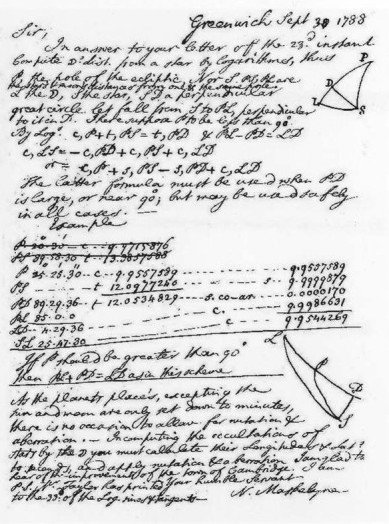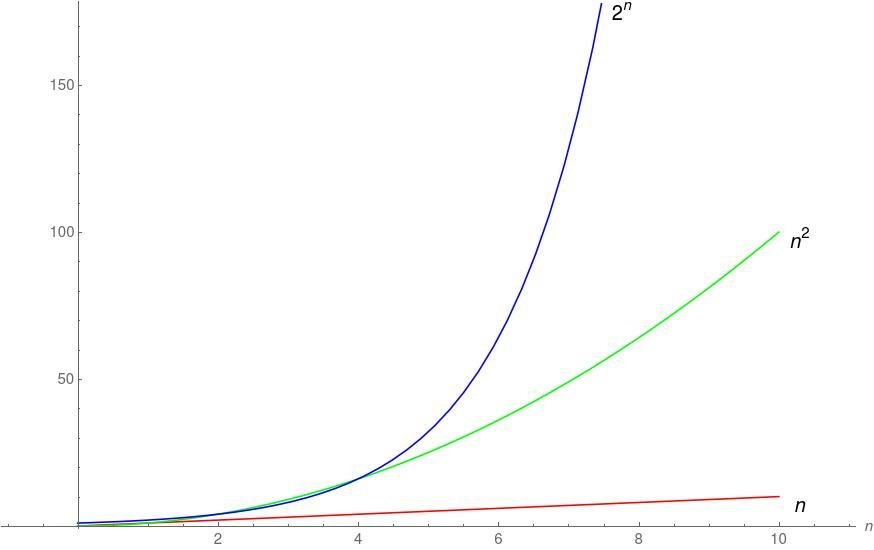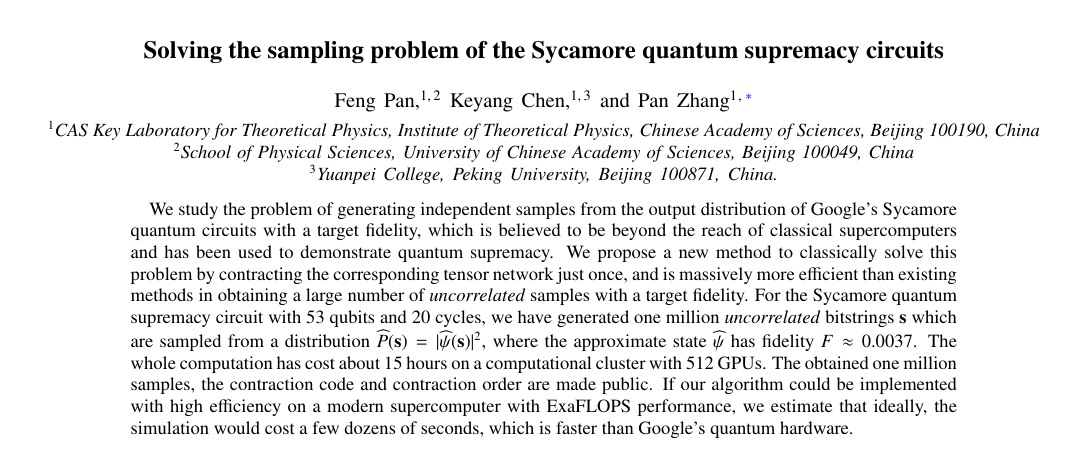Abdullah Khalid
Quantum Information Scientist
Habib University, Karachi
IBA
12th November 2021

Are quantum computers faster than classical computers?



(Human) Computer
1788
1700s
1950s

Mechanical Computer
1940s


Electronic Computers
Total world computing capacity
2 x 1020 – 1.5 x 1021 FLOPS
Computers solve computational problems



Decision
Search
Optimization
Decision Problems
Multiplication
Input: integers P and Q
Output: integer R = P x Q

Factorization
Input: integer R
Ouput: prime numbers P and Q
such that R = P x Q
R = 21
digits = 2 = problem size
R = 498556150811
digits = 12 = problem size
General number field sieve algorithm

Computational Complexity

Multiplication
Factorization
Resources = time/memory
Problem size (n)
Hard/inefficient
Easy/efficient
Multiplication/Factorization dichotomy application: Cryptography

"Top secret info"
"Top secret info"
"hf72h18v82ja9"
You
You
Military
Bank
Email provider
Military

RSA encryption protocol

Encryption/Decryption = Multiplication = Easy
Cracking = Factorization = Hard
Rivest–Shamir–Adleman
Key: 10101011101...
Security ∝ number of digits

Recommended key size: 4096 bits
(for security till 2030)
Cracking RSA
Sampling Problems
Binomial sampling
Input: n, p
Output: a sample from the binomial probability distribution
A random number generator!

"The underlying physical laws ... of physics and the whole of chemistry are thus completely known, and the difficulty is only that the exact application of these laws leads to equations much too complicated to be soluble." 1929

Simulation Problems
Simulating atoms, molecules and materials
Paul Dirac
Note: Turing published a universal model of computation in 1936
Extended Church-Turing Thesis
Any algorithmic process can be simulated efficiently using a probabilistic Turing machine.
Church-Turing Thesis (simplified)
Any algorithmic process can be simulated using a Turing machine.
Turing Machine = very simple computer
Quantum Computers

Birth of Quantum Computers
Simulating atoms, molecules and materials
"Nature isn't classical, dammit, and if you want to make a simulation of nature, you'd better make it quantum mechanical, and by golly it's a wonderful problem, because it doesn't look so easy." Richard Feynman, 1982


Visions of Quantum Computing
Simulating atoms, molecules and materials (via Feynman)
Simulate this
By controlled experiments on this
Physicist's Extended Church-Turing Thesis
Every finitely realizable physical system can be perfectly simulated by a universal computing machine operating by finite means.
David Deutsch 1985



Chemistry
Biology
Computer science
Computing Machine = Physical System
=> Computational complexity is determined by physical laws

A physical universal computing machine depends on the underlying physical laws of the universe
Turing Machines
Quantum computers



Quantum Computers: The transport analogy
Laptop
Super computer
Quantitative
Qualitative
Quantum computer
Solve computational problem = Go from A to B

If this was true, quantum computers could solve NP-complete problems efficiently
But they don't!
Quantum computers can
simulate atoms, molecules and materials,
exponentially faster than classical computers.

Quantum computers can
maybe do machine learning and optimization
exponentially faster than classical computers.

Quantum computers can
break all currently used asymmetric encryption protocols
exponentially faster than classical computers.


arXiv:1909.07353
Cryptographic Algorithms in Use
Quantum computers CANNOT
do industrial optimization
predict the stock market
optimize airline schedules
predict the stock market
optimize airline schedules
NP-Complete problems
exponentially faster than classical computers.

Decision Problems Complexity Classes
BQP (bounded-error quantum polynomial time )
= set of problems efficiently solvable by a quantum computer
Factorization
Quantum Computing Today





Prototype quantum computers exist on the cloud for testing
Are quantum computers practically faster than classical computers?
| Quantum Supremacy | Quantum Advantage | |
|---|---|---|
| A quantum devices that: | Solves one problem (possibly practically useless) exponentially faster than classical. | Solves useful problems faster than classical |
| Requires | Non-universal quantum computational device | Universal Quantum Computer |
| Quantum error correction | ||
| Analogies | Fission experiments | Nuclear power stations |
| Wright brothers flight | Commercial/military airplanes |
Road to Quantum Computers

Nature | Vol 574 | 24 OCTOBER 2019

Quantum Random Circuit

Sampling problem
Input: Circuit C (randomly selected from a special set of circuits)
Output: a sample from the output probability distribution of C
Difficult for classical computer
Outputs = 2n Output strings, each with different probability

Google's superconducting chip
53+1 qubits, depth = 20
600 seconds to sample 3 million times
Google's claim: 10,000 years on a state of the art supercomputer, using the best classical algorithm they could think of.
How to verify a device which you claim can't even be classically simulated?

Verification that device works
Is quantum supreme?
Google's claim: 10,000 years on a state of the art supercomputer, using the best classical algorithm they could think of.
IBM's claim: Sorry, 2.5 days only, using our better classical algorithm!
Quantum device performance: 600 seconds to sample 3 million times

Soon after: Arxiv: 1910:09534 22 Oct 2019
2.5 days only to simulate on a super computer, using our better classical algorithm!

Arxiv: 2111:03011 (4 Nov 2021)
Text
Even better classical algorithm that can do the same number of samples in a few dozen seconds on the fastest supercomputer
Thank you
Questions?
How do we prepare for the coming quantum computing world?
First Option: Post-Quantum Crypto Algorithms

arXiv:1909.07353
No proofs of security, but hope!
Second Option: Quantum Key Distribution

Secret key: 1011101111010... for symmetric key encryption
Second Option: Quantum Key Distribution

$5000-50,000
What should Pakistan do to prepare for the quantum computing future?
- Invest in quantum computing and cryptography research.
- Build quantum cryptography infrastructure.
- Invest in policy research.
- Participate in international encryption standards committees.
Are quantum computers faster than classical computers?
By abdullahkhalids
Are quantum computers faster than classical computers?
- 1,061



